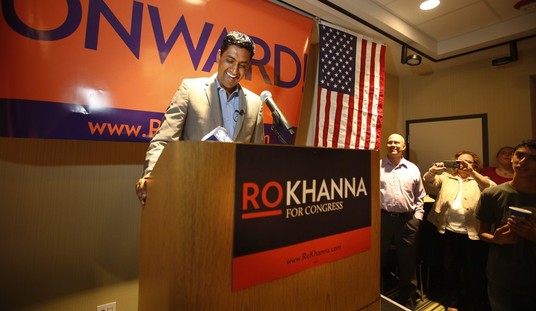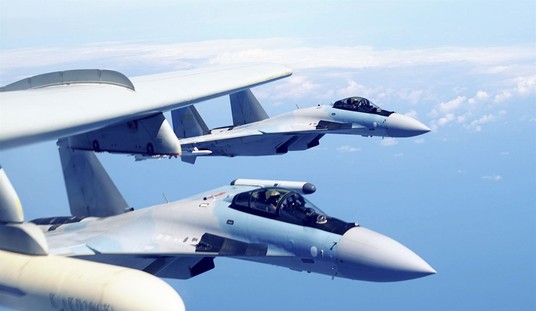The least surprising surprise since Ehud Olmert accidentally let slip that Israel has nukes. To its credit, the Times evidently sat on the story for three years in the interests of security; only after the Pakistanis themselves started talking about it and the administration dropped its objection to publishing details are they moving forward.
As with all other forms of military aid to Pakistan, we’re getting very little bang for our buck.
Over the past six years, the Bush administration has spent almost $100 million so far on a highly classified program to help Gen. Pervez Musharraf, Pakistan’s president, secure his country’s nuclear weapons, according to current and former senior administration officials.
But with the future of that country’s leadership in doubt, debate is intensifying about whether Washington has done enough to help protect the warheads and laboratories, and whether Pakistan’s reluctance to reveal critical details about its arsenal has undercut the effectiveness of the continuing security effort.
The aid, buried in secret portions of the federal budget, paid for the training of Pakistani personnel in the United States and the construction of a nuclear security training center in Pakistan, a facility that American officials say is nowhere near completion, even though it was supposed to be in operation this year…
In the past, officials say, the United States has shared ideas — but not technologies — about how to make the safeguards that lie at the heart of American weapons security. The system hinges on what is essentially a switch in the firing circuit that requires the would-be user to enter a numeric code that starts a timer for the weapon’s arming and detonation.
Most switches disable themselves if the sequence of numbers entered turns out to be incorrect in a fixed number of tries, much like a bank ATM does. In some cases, the disabled link sets off a small explosion in the warhead to render it useless. Delicate design details involve how to bury the link deep inside a weapon to keep terrorists or enemies from disabling the safeguard.
Why hasn’t the U.S. shared its know-how? Because, in a mind-boggling irony, the Nuclear Nonproliferation Treaty apparently prohibits countries from sharing nuke technology, even technology that would limit proliferation. According to the Times, the State Department actually declared such potential tech transfers illegal. Leave it to Bush to push the envelope in other arenas of international law but be a stickler on this one. Give Billy Jeff some credit, too: he thought about sharing the safety specs back in 1998, after Pakistan’s first nuke test, but decided against it. Then again, how much sense does it make to think that nukes might fall into jihadi hands but the instructions to disable the safety device wouldn’t? If they get one, they’re going to get the other.
One other dark note from the article. I’ve been operating on the assumption that the U.S. knows exactly where Pakistan’s nukes are and, in a crisis, will be projecting appropriate power to try to secure them. All of which may be true, but if it is, it appears to be news to the Pakistanis: “While American officials say they take at face value Pakistani assurances that security is vastly improved, in many cases the Pakistani government has been reluctant to show American officials how or where the gear is actually used. That is because the Pakistanis do not want to reveal the locations of their weapons or the amount or type of new bomb-grade fuel the country is now producing.”







Join the conversation as a VIP Member